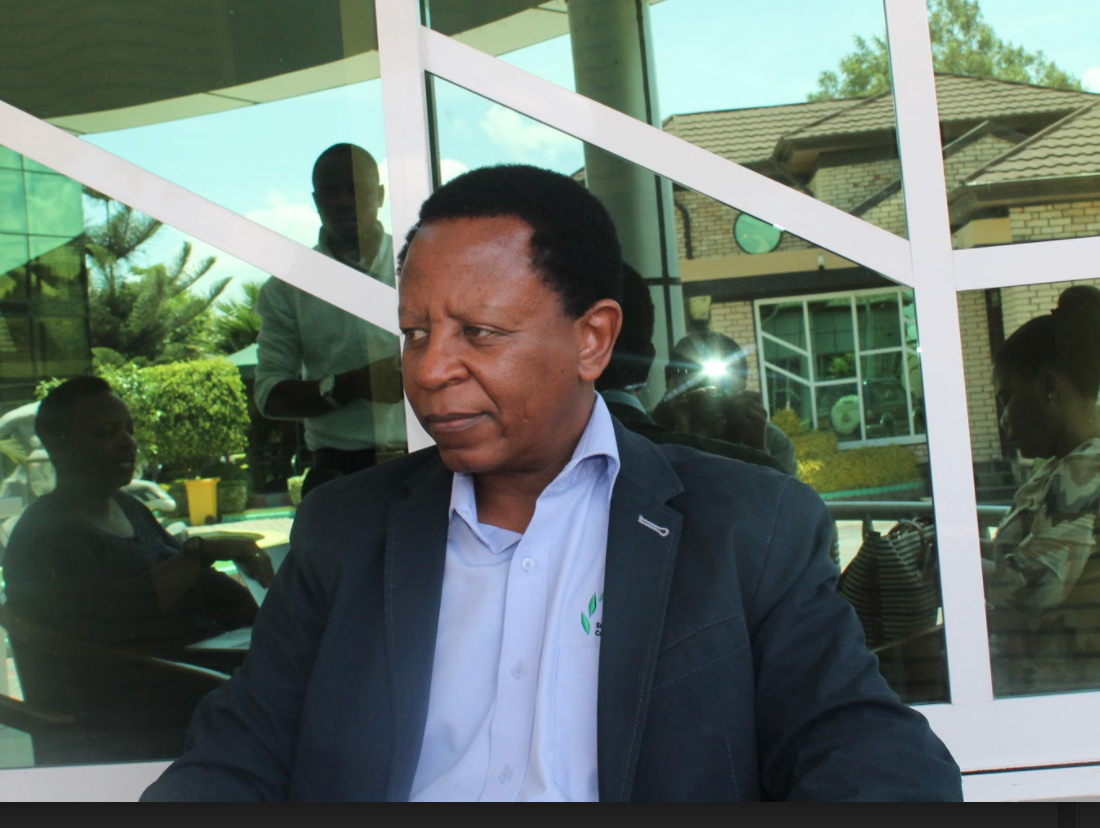Indigenous Seeds at Risk of Disappearing; Calls for Proper Preservation and Protection in Africa
By kilimokwanza.org
Recent indicators have revealed that traditional farmer seeds are at risk of disappearing if proper methods of preservation and protection are not sought. This paints a bleak future for food sovereignty, which relies heavily on the availability of reliable seeds for farmers. Discussions are being held across African countries, including Tanzania, to address this imminent challenge.
Many of these discussions revolve around the best methods to sustain the indigenous seeds farmers use. The non-governmental organization, The Alliance for Food Sovereignty in Africa (AFSA), based in Uganda, has proposed several measures that, if implemented, may guarantee these indigenous seeds’ continued availability and use.
Abdallah Ramadhan Mkindi, coordinator of the non-governmental organization TABIO, shed light on the research and proposals made by AFSA concerning food sovereignty in Africa. Many stakeholders in Tanzania’s agricultural sector have given feedback on sustaining indigenous seeds. Mkindi emphasized that AFSA’s proposals have come at the right time.
“In promoting the issue of food sovereignty in Africa, one crucial area to address is the farmer-owned seed system. Research across Africa shows that almost 80% of the seeds farmers use come from this system,” Mkindi explained. He further highlighted that this system contributes to over 60% of some crops in Tanzania, with others reaching up to 90% or even 100%.
This system serves as the primary source of seeds for most farmers, especially smallholders, contributing significantly to the availability of farm inputs. However, sufficient strategies haven’t been put in place to protect it. “Our agricultural policy doesn’t identify this system as a key source of the inputs farmers rely on. Our seed laws from 2003 and 2014 also don’t mention the farmer seed system,” Mkindi stated.
Therefore, it’s challenging for the government to institute plans or rules for oversight, which is why AFSA has devised a recommended framework for managing, recognising, and promoting the farmer-owned seed system and biodiversity protection.
Mkindi highlighted the significant repercussions of losing these indigenous seeds, which include impacts on food variety and the increased prevalence of non-communicable diseases linked to poor diets. Also, research shows regions in Tanzania that produce ample food still face malnutrition in young children. Another consequence is biodiversity loss, with Tanzania being one of the world’s most prosperous biodiversity hubs.
Efforts are underway in different regions to establish farmer seed banks. However, setting up seed banks without proper knowledge means the seeds might perish. “When these banks are established, those managing them must be equipped with the necessary knowledge,” Mkindi added.
Paul Chileo from the Sustainable Agriculture Institute (TOAM) commented on the global push for sustainable development and how agriculture plays a significant role, especially in Africa. He emphasized the need for sustainable agriculture and highlighted the importance of farmer-owned seeds in food security.
He also stressed the importance of engaging local banks and integrating local knowledge in managing and preserving indigenous seeds.
The preservation and sustainable management of indigenous seeds is about maintaining tradition and ensuring food security, health, and sustainable agricultural development in Africa.



Very good information and VERY CURRENT